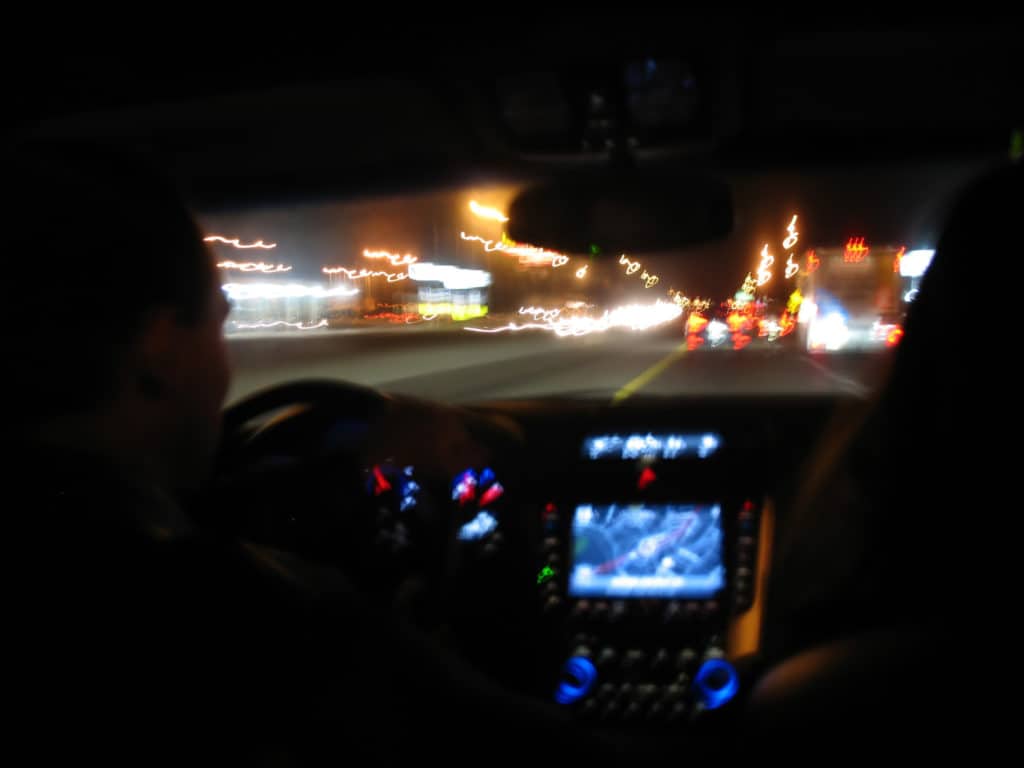 New research released from Enterprise reveals that – even in today’s ever-connected world with its growing array of transportation options – the as a means of tranporation is very important for young millennial drivers. When offered the prospect of losing access to a vehicle for an extended time, millennial drivers in particular say they would rather go without social media for a week (50%), lose an extra hour of sleep each day (41%) and skip one meal a day (39%).
New research released from Enterprise reveals that – even in today’s ever-connected world with its growing array of transportation options – the as a means of tranporation is very important for young millennial drivers. When offered the prospect of losing access to a vehicle for an extended time, millennial drivers in particular say they would rather go without social media for a week (50%), lose an extra hour of sleep each day (41%) and skip one meal a day (39%).
Enterprise hopes that young drivers will realize that the best bet to deal with loss of use of car after a car accident is to obtain rental coverage on car insurance.
In fact, the research reinforces the need for most U.S. drivers to do just that. Only 32 percent indicated that they are “very confident” that they are aware of everything in their auto insurance policies, and fewer than four in 10 say they are familiar with the term “rental reimbursement coverage.” In addition, more than half of U.S. drivers (53%) say they do not read their entire policy before purchasing auto insurance. In the case of rental car reimbursement coverage, this can prove particularly problematic, because it’s typically an add-on feature not included in most standard policies.
Among millennials, one of the biggest barriers to obtaining rental car reimbursement coverage may be the fact that they view it as an “adulting” activity. And when it comes to adulting, nearly two out of three millennials say they procrastinate as often as possible. Additionally, a third (32%) of millennials say that adulting makes them feel exhausted.
More than half of millennials (52%) admit that if they lost access to their vehicle for an extended period of time, they’d be forced to beg their friends and family members for rides.
- Nearly half (49%) of millennials say the ability to drive to work is the thing they value most about having access to a vehicle.
- More than one-third (34%) of U.S. drivers say they drive an average of 3-4 places per day.
- When asked how they would feel if they had to borrow a friend or family member’s car for an extended period of time, top responses among U.S. drivers were: “awkward” (51%) and “anxious” (35%).
- Men (12%) were nearly twice as likely as women (7%) to indicate that driving a friend or family member’s car over an extended period of time would make them “angry”.
- Women (39%) were significantly more likely than men (28%) to indicate that driving a friend or family member’s car would make them “anxious”.
- Anxiety associated with borrowing a friend or family member’s car over an extended period of time also decreased with age – 45 percent of those ages 21-34 indicated they’d be anxious, compared to 30 percent of those ages 45-54.